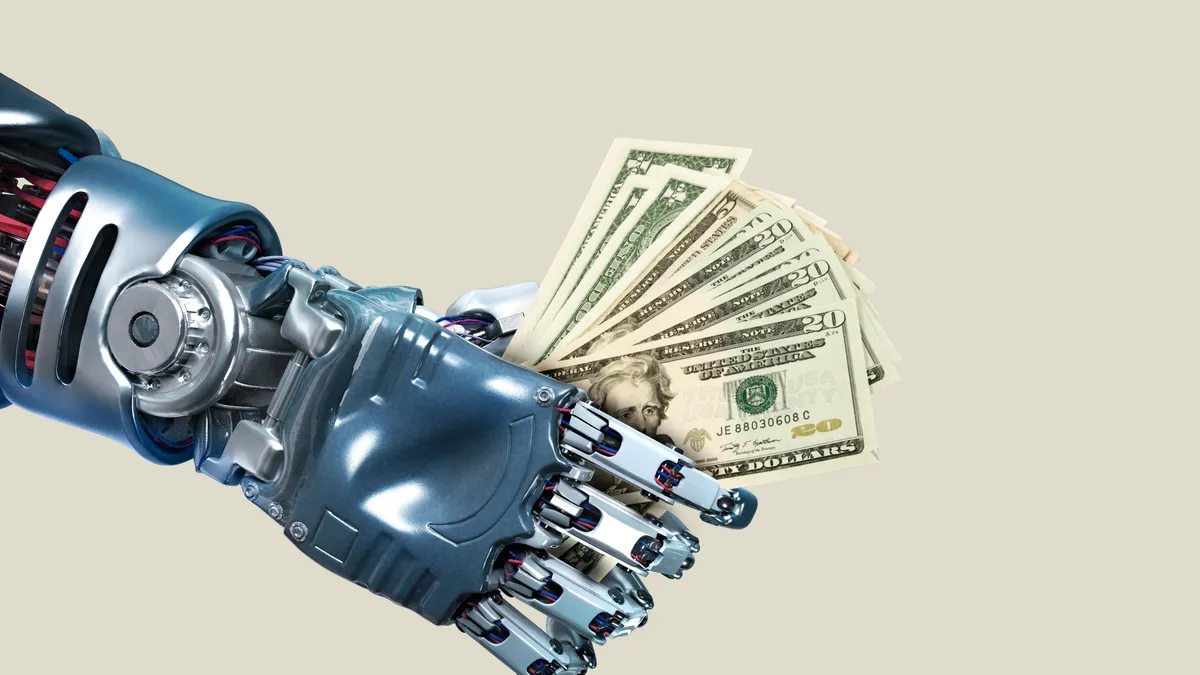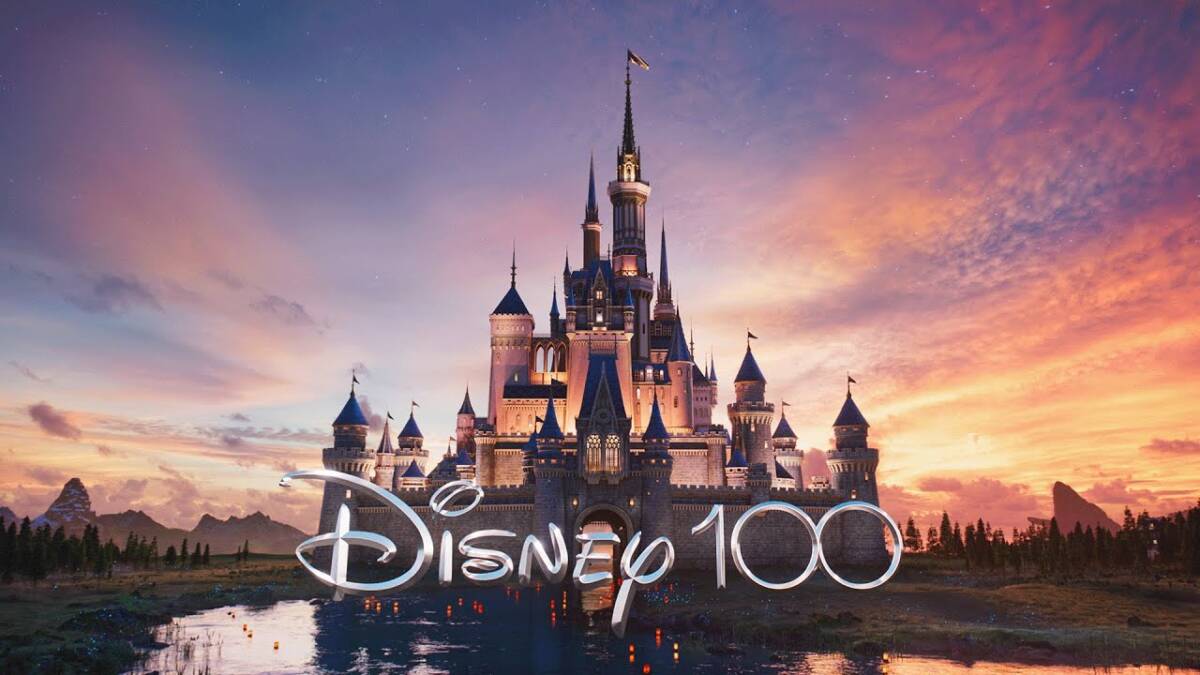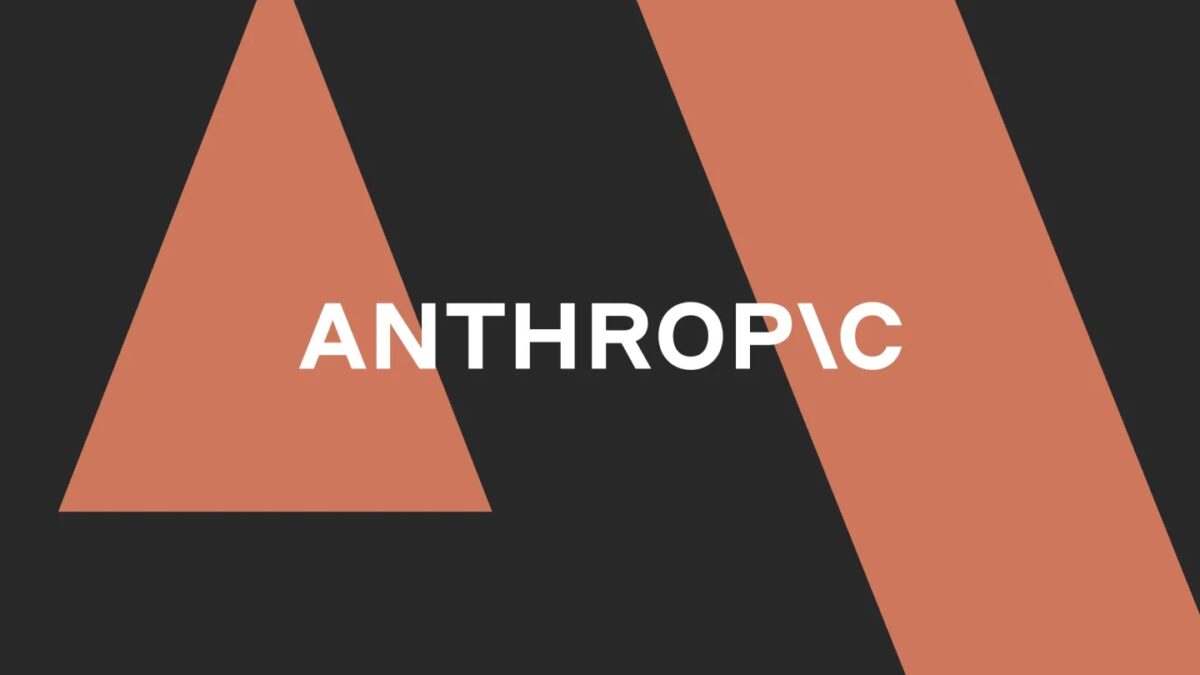OpenAI makes history again: raises billions of dollars from investors

The world of artificial intelligence has had another breakthrough: OpenAI, the company that turned generative AI from science fiction to everyday reality, has once again made a historic achievement. Last week, OpenAI raised $6.6 billion in one of the largest venture capital investment rounds in U.S. history. The company’s valuation reached $157 billion, comparable to the market value of big-name companies such as Goldman Sachs, Uber and AT&T, The Wall Street Journal reported.
The Wall Street Journal reported.
OpenAI’s investors included Thrive Capital, Microsoft and AI chip maker Nvidia. Apple was also reportedly considering investing in OpenAI to integrate ChatGPT into its new Apple Intelligence system, but talks were unsuccessful.
The Wall Street Journal reported.
Transition from nonprofit to for-profit model: new challenges for OpenAI
OpenAI CEO Sam Altman now faces the challenge of transforming the company from a charitable nonprofit organization to a for-profit enterprise within two years. The transition raises concerns that in its new quest for monetization, OpenAI may be rushing to release AI tools, which could increase risk to society. In a statement to Bloomberg, the company emphasized that it will use the proceeds to advance AI research and increase computing power.
The company said it will use the funding to advance AI research and increase computing power.
OpenAI has already pushed the technology forward, announcing in mid-September a version of its large-scale language model called o1, which aims to mimic a level of reasoning close to that of humans. Google is also working on a similar model to compete with OpenAI to create software that can solve multitasking problems such as math and programming, Bloomberg notes, citing anonymous sources.
OpenAI is also working on a similar model to compete with OpenAI in creating software that can solve multitasking problems such as math and programming, Bloomberg notes, citing anonymous sources.
The future of AI: inevitable, but will it be bright?”
.
The fact that it has attracted such a large amount of investment confirms that the future of generative AI is inevitable. But will that future be a positive one?”
The future of AI: inevitable, but will it be bright?
MIT economist Daron Acemoglu remains skeptical about the prospects for AI. He reiterated last week that he believes AI is overvalued and will not deliver the production benefits expected by companies investing trillions of dollars in the technology. He believes AI will only be able to take over about 5% of existing jobs in the next decade. «A lot of money will be wasted,»” Acemoglu said in an interview for Bloomberg. For a deeper understanding of his arguments, you can read his speech for Goldman Sachs in June.
Here’s what he said.
California governor rejects bill for «kill switch» for AI
Last week, SB 1047, a bill proposing to establish safety and shutdown features for AI systems in California, was rejected by Gov. Gavin Newsom. That bill required security testing for AI models costing more than $100 million and included a «kill switch» feature to shut down systems in the event of a potential threat.
The bill would have required security testing for AI models costing more than $100 million and included a «kill switch» feature to shut down systems in the event of a potential threat.
Newsom said that while a California-level approach may be justified, it should be based on empirical data and scientific research. The governor expressed doubts that the proposed measures are the best way to protect the public from threats posed by new technologies.
Newsom said that while the California approach may be justified, it should be based on empirical evidence and scientific research.
While many AI companies welcome some form of regulation, the details of those regulations are often controversial. More than 100 companies, including Amazon, Google and Microsoft, have signed the European Union’s AI Safety Pact, but Apple, Anthropic and Meta* have refused, citing overly stringent regulation.
The European Union’s AI Safety Pact has been signed by more than 100 companies, including Amazon, Google and Microsoft.
Priceline’s new voice assistant and the future of conversational AI
Earlier this month, Priceline unveiled Penny Voice, an AI voice assistant that uses OpenAI’s GPT-4 to help users with travel arrangements. Penny can «listen» to complex user queries, take into account preferences and past interactions, and then respond in real time.
Penny Voice is a voice-activated AI assistant that uses OpenAI’s GPT-4 to help users make travel arrangements.
Other companies, such as Meta*, are also using celebrity voices to improve user interaction with their AI assistants, licensing the voices of famous actors such as Aquafina, Judi Dench and John Cena.
Other developments in the world ofAI: what’s worth knowing?”
.
If you want to learn more about applying AI to everyday life, CNET has a variety of guides: how to write a resume using ChatGPT, how AI can help you create a plant care plan, what AI tools you can use to analyze Excel spreadsheets, and how to use generative AI for meal planning.
An AI tool that can be used to analyze Excel spreadsheets, and how to use generative AI for meal planning.
In addition, former President Donald Trump became the hero of a fake, AI-generated photo posted on Facebook*. The image showed him in a life jacket walking down a flooded street. Engineering professor Walter Scheirer of the University of Notre Dame explained that the image is not authentic because of the many artifacts in the image and the lack of real interaction between the clothing and the water.
Another interesting piece of news is that Waymark, an AI video technology company, has released a feature-length version of its first movie created entirely by AI, called «The Frost». This 23-minute movie was created using OpenAI’s Dall-E and tools from Runway and Luma Labs. So far, these experiments may look unusual, but advances in technology promise that the quality of movies like this will only improve.
And the quality of these movies will only get better.
* Owned by Meta, it is recognized as an extremist organization in the Russian Federation and its activities are banned.








